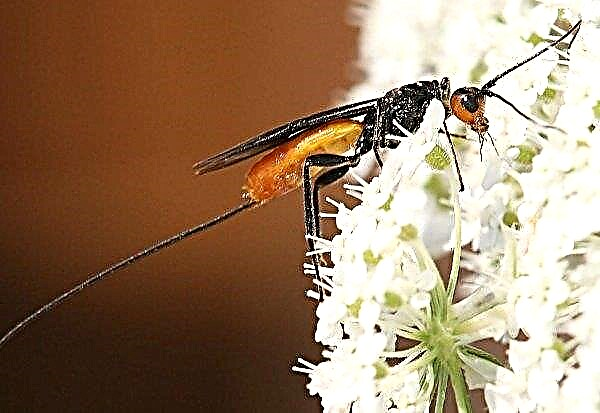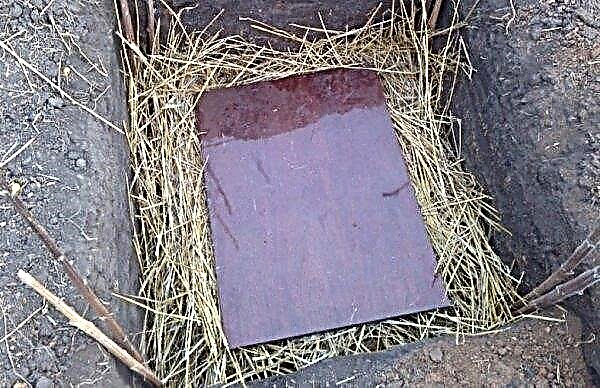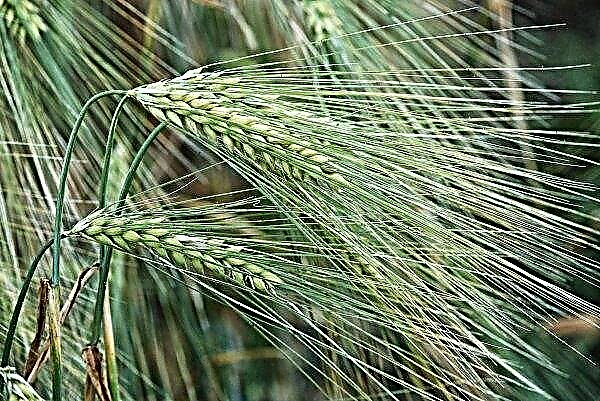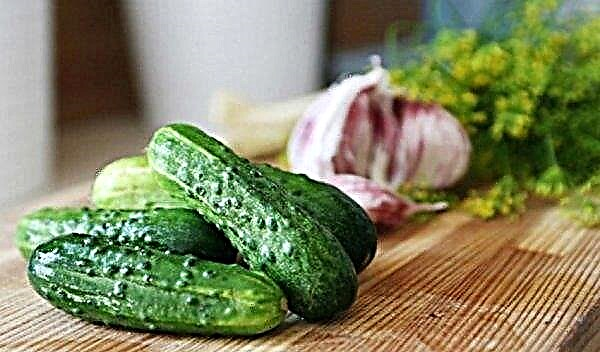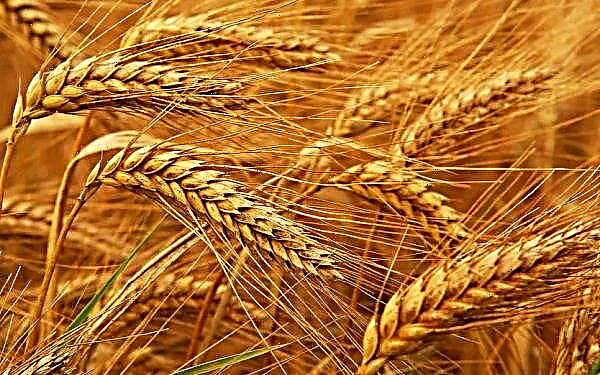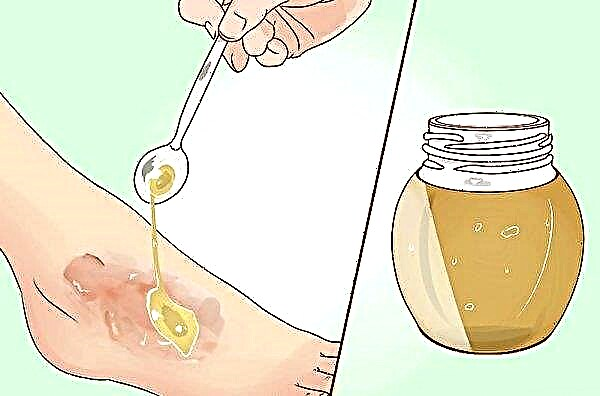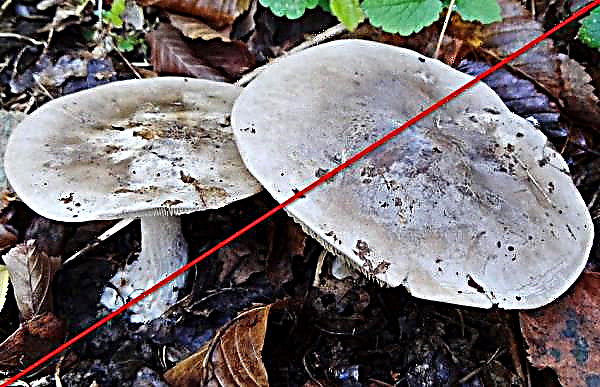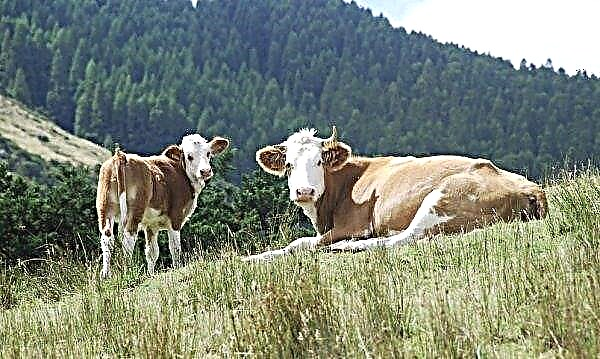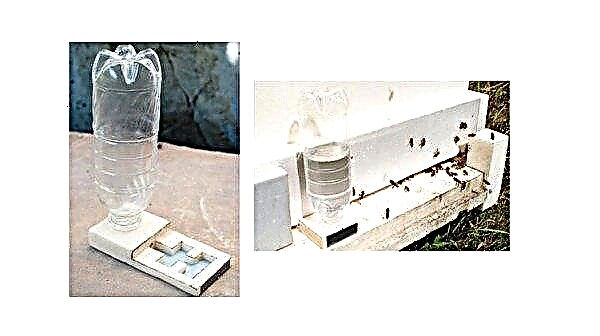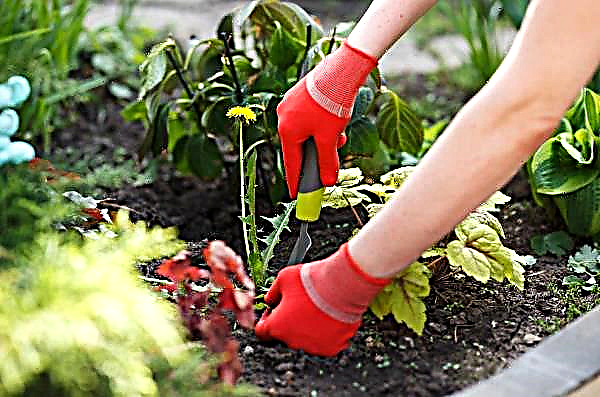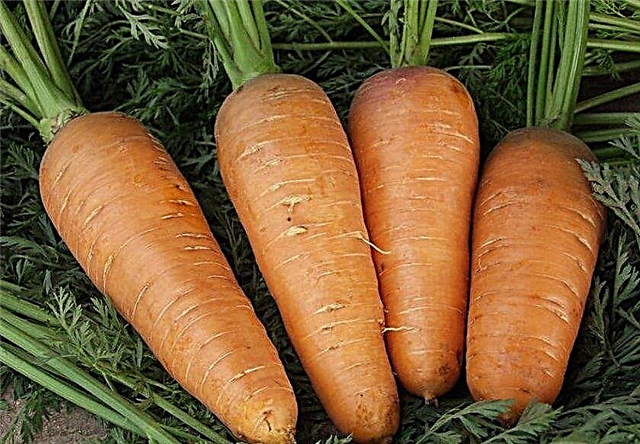Cow herds grazing in the meadow are an indispensable part of the village landscape. Everyone understands the importance of this animal in everyday life, but, like people, cows are susceptible to various diseases and one of them is diarrhea. Consider why it is dangerous and what to do if this problem occurs.
Did you know? Cows feel the magnetic field of the planet, so during rest they are located along the magnetic lines.
What is dangerous for a cow
The occurrence of diarrhea in cattle should be alarming due to the consequences of:
- There is rapid dehydration of the body, which leads to a malfunction in the work of all organs.
- With frequent urges, the intestinal walls are constantly in tension, and this becomes the cause of bleeding, if treatment is not started, a fatal outcome is possible.

Causes of occurrence
Disorder in the digestive system of cattle and, as a result, diarrhea, may occur due to:
Important! In the autumn, frozen grass and cold water also cause diarrhea, especially in calves.
- Improper nutrition - a lack or lack of roughage makes it possible for the development of putrefactive bacteria and the death of beneficial microflora in the intestine, dysbiosis develops. For stable operation of the digestive tract, bran (rye or wheat) should be added to the feed.
- Damage to the body by worms.
- Poisoning from poisonous plants and substances that are used to disinfect the barn, from toxic fumes from inhalation, during the processing of wool from parasites.
- Poor feeds with a small amount of trace elements force animals to look for them on their own, which leads not only to diarrhea, but also mechanical damage to the digestive tract and even death.
- Infection with various infections of a viral or fungal nature.
- Anomalies in the development of internal organs.
- Allergy to feed and care products.
- After calving, bloody bowel movements occur.

First signs
In order not to be late with treatment, you need to pay attention to the earliest signs that indicate problems with the animal and they will be as follows:
- The number of bowel movements increased from 5 to 10 times.
- The stool became a different color, the smell and texture changed (watery, with foam, mucus and diarrhea with blood).
- The desire to eat has disappeared.
- The animal becomes oppressed and loses strength.
Did you know? 18% of the greenhouse effect of the planet is made by cow emissions - manure and gases, and this does more harm to the environment than car exhausts.
With frequent loose stool, there is a large loss of fluid by the body, in which the following occurs:
- The mucous membranes become dry.
- Eyes are falling.
- The animal stops urinating.
- Blood thickens and the heart works slowly.

What to do than stop diarrhea
When the first signs appear, you need to contact a veterinarian who will make the correct diagnosis and prescribe treatment. The animal must be separated from the herd, kept clean and warm.
For several days, hold the boleta on a hungry diet to relax the intestines and, in order to avoid dehydration, it is recommended to water the animal with boiled water with salt every 30 minutes or 1 hour, while it should drink 4-5 liters of liquid. Food is introduced gradually.
Important! Loss of more than 15% of the fluid leads to the death of the animal.
Veterinary medicine
Treatment is carried out according to the strict recommendations of the doctor if the cause is infectious or poisoning has occurred. The doctor may prescribe:
The doctor may prescribe:
- Parasite medications - "Dicroceliosis" or "Metronidazole".
- Broad-acting antibiotics in the bacterial form, such as Furazolidone, Biomycin, or Tetracycline.
- Sorbents for the removal of toxins - activated carbon or Polysorb.
- To restore the water-salt balance appoint rehydrates - "Rehydron".
- Probiotics for restoring the intestinal flora are Biomastim and Emprobio.
- Enzymes for the digestive tract - "Oltek" or "Finzim."
- In case of poisoning, the stomach is washed with a solution of burnt magnesia or “Polyphepan” is used.
- If diarrhea against the background of an allergy, Smecta or Suprastin is used.
Folk remedies
If for some reason it is not possible to consult a veterinarian, you need to know how to cure diarrhea in a cow or in a bull by resorting to folk remedies that have long been used to combat this scourge:
- A decoction of rice - 3 glasses (prepared as for people) every hour.
- Burnt black bread - grind into crumbs and breed in water, water the animal.
- A rosehip broth - a glass of berries is boiled in a liter of water for 10 minutes and a cow is fed every 2 hours, 0.5 liters each.
- With a sharp transition to free grazing, in the morning, before leaving the stall, for 15 days, it is necessary to give 2 kg of hay or dried grass moistened with saline.

Prevention
In order to avoid such a problem as diarrhea in cattle that every second owner of the animal encounters, preventive measures must be taken.
The main ones are:
- Compliance with sanitary standards for cows - clean stalls and feeders.
- A clean drinker and fresh water every day.
- Quality feed.
- Timely and regular treatment with anthelmintic drugs.
- Compliance with the required vaccination schedule.
- Isolation of a sick animal to prevent spread of the disease in the herd.
Diarrhea in cattle, especially young animals, is a dangerous phenomenon that, if ignored, leads to the death of the animal. Therefore, monitoring the cows and the implementation of preventive measures will help minimize this problem.

